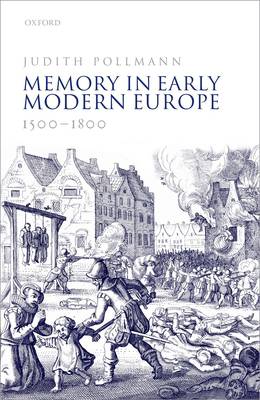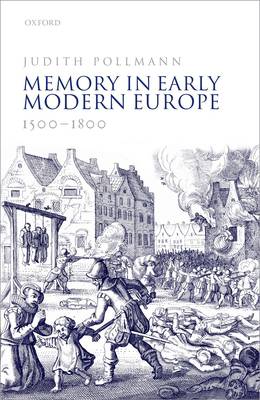
- Retrait gratuit dans votre magasin Club
- 7.000.000 titres dans notre catalogue
- Payer en toute sécurité
- Toujours un magasin près de chez vous
- Retrait gratuit dans votre magasin Club
- 7.000.000 titres dans notre catalogue
- Payer en toute sécurité
- Toujours un magasin près de chez vous
Description
For early modern Europeans, the past was a measure of most things, good and bad. For that reason it was also hotly contested, manipulated, and far too important to be left to historians alone. Memory in Early Modern Europe offers a lively and accessible introduction to the many ways in which Europeans engaged with the past and 'practised' memory in the three centuries between 1500 and 1800. From childhood memories and local customs to war traumas and peacekeeping, it analyses how Europeans tried to control, mobilize and reconfigure memories of the past. Challenging the long-standing view that memory cultures transformed around 1800, it argues for the continued relevance of early modern memory practices in modern societies.
Spécifications
Parties prenantes
- Auteur(s) :
- Editeur:
Contenu
- Nombre de pages :
- 256
- Langue:
- Anglais
Caractéristiques
- EAN:
- 9780198797555
- Date de parution :
- 17-10-17
- Format:
- Livre relié
- Format numérique:
- Genaaid
- Dimensions :
- 236 mm x 160 mm
- Poids :
- 562 g







